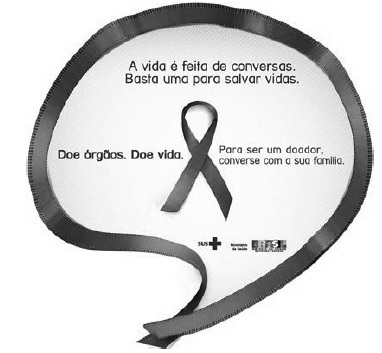Questões de Concurso Público Prefeitura de Araranguá - SC 2021 para Professor IV - Português/Inglês
Foram encontradas 35 questões
1. The words in bold, in the text, are, pronouns.
2. The underlined word in: ‘Part of reality television’s appeal is due to its ability to place….’, can be replaced by the word ‘because’ without changing its meaning.
3. In the following sentence: “Although the genre has existed in some form or another since the early years of television…” the words in bold, are being used to express a past action.
4. The negative form of the following sentence: ‘Although the genre has existed in some form or another since the early years of television…’, is Although the genre doesn’t have existed in some form or another since the early years of television…’.
Choose the alternative which contains the correct affirmative.
Choose the alternative that contains the correct ones to complete the sentences.
( ) Producers choose the participants to create conflict among other things.
( ) Mark Burnett thinks the term ‘reality television’ is inaccurate.
( ) Shows like Survivor have good narratives.
( ) Mark Burnett was a participant on Survivor.
( ) Participants choose producers to promote conflicts.
Choose the alternative which presents the correct sequence, from top to bottom.
The words ‘Although’ and ‘though’, in the text mean ‘in spite of something’.
In the text, they are discourse markers that are:
Column 1 Words 1. portray 2. frantic 3. outwardly 4. dozen
Column 2 Definitions ( ) on the outside: externally. ( ) a group or set of twelve. ( ) describe (someone or something) in a particular way. ( ) wild or distraught with fear.
Choose the alternative which presents the correct sequence, from top to bottom.
“Teaching English as a second language has become important _____________ because it is a __________________for ____________________ communication.”
Choose the alternative that correctly completes the spaces in the sentence.
Strategies can be used to work out the meaning of unfamiliar words, such as:
Supondo que você foi um desses estudantes escolhidos e que pretende entrevistá-lo, com o auxílio de um intérprete para ajudá-lo, o que você deveria usar nessa situação de comunicação?
A assembleia dos ratos
Um gato de nome Faro-Fino deu de fazer tal destroço na rataria duma casa velha que os sobreviventes, sem ânimo de sair das tocas, estavam a ponto de morrer de fome.
Tornando-se muito sério o caso, resolveram reunir-se em assembleia para o estudo da questão. Aguardaram para isso certa noite em que Faro-Fino andava aos mios pelo telhado, fazendo sonetos à lua.
— Acho — disse um deles — que o meio de nos defendermos de Faro-Fino é lhe atarmos um guizo ao pescoço. Assim que ele se aproxime, o guizo o denuncia e pomo-nos ao fresco a tempo.
Palmas e bravos saudaram a luminosa ideia. O projeto foi aprovado com delírio. Só votou contra, um rato casmurro, que pediu a palavra e disse:
— Está tudo muito direito. Mas quem vai amarrar o guizo no pescoço de Faro-Fino?
Silêncio geral. Um desculpou-se por não saber dar nó. Outro, porque não era tolo.
Todos, porque não tinham coragem. E a assembleia dissolveu-se no meio de geral consternação.
O texto acima é uma fábula. Esse tipo de gênero tem como principal função:
Assinale a alternativa correta acerca do tema.

https://3.bp.blogspot.com
A peça publicitária revela que, para conseguir seu objetivo, o autor fez uso, sobretudo, da seguinte função da linguagem: